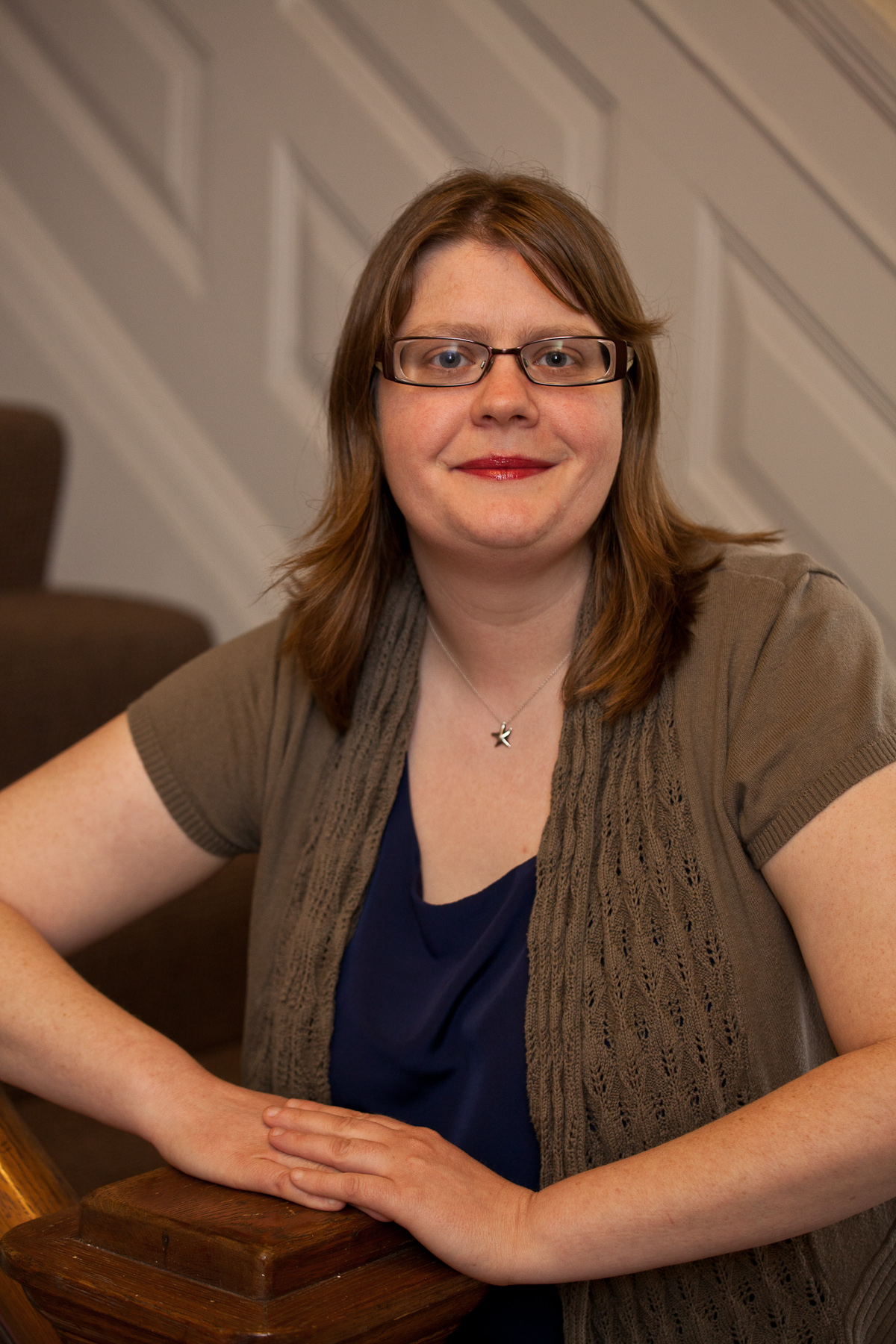Mentorship programs help people working on open-source projects build a community, make decisions and to maintain projects beyond their initial idea. Some communities use programs that require one-on-one mentorship, while others allow existing members to on-board new members at their own pace. Either way, these programs all aim to ensure the success of the projects.
The Outercurve Foundation is currently building out a mentorship program, according to Stephen Walli, the foundation’s technical director. Some of the contributors to Outercurve Foundation open-source projects, he said, don’t have experience with growing a community. This is where the mentors come in.
“A lot of our projects start with a developer or group of developers with an idea. These individuals may not know how to build a community, but they’ll publish the idea on a forge and then not know where to take the next step,” Walli said.
“They don’t know how to deal with a contributing community. Mentors will help teach best practices for fostering a community, such as encouraging input, knowing when to close a discussion, and knowing how to modify a contribution so that it fits with the overall goal of the project.”
The Apache Software Foundation uses mentors to train project communities on the “Apache Way,” and help them alter the best practices guide to fit their specific projects, according to Ross Gardler, an Apache mentor for several different projects.
He said that each Apache project has at least three mentors who, in his experience, spend anywhere from six to 15 hours per month working with the community. The amount of time spent on a particular project depends on how much time a mentor has, he said.
“Mentors are on the mailing lists and read what’s going on in the community,” Gardler says. “They mostly sit back, but sometimes they offer guidance as to how the Apache way can be applied and changed for each project.”
Get with the program
The Eclipse Foundation requires at least two mentors for a project, chosen from the Eclipse Architecture Council or from the pool of Strategic Members, before the project is accepted into the incubator, according to Wayne Beaton, Eclipse’s director of open-source projects.
“Mentor relationships also form informally and with university students through Google’s Summer of Code,” he said. “The formal mentors are people who have been established in the community for years.”
#!
Beaton said that Eclipse mentors typically have about two to three projects each, with some Architecture Council members having as many as 10 projects. The hours spent on each project by the mentors depend on the relationship between the mentor and team; on average, he said, mentors spend about five hours per month per project. Most communication occurs over e-mail, he said.
Mentors at Eclipse serve not as deciders of what code ultimately gets committed, but as people who answer questions about the rules and help project teams understand why they are in place, how they apply to the project, and how to develop the project through the incubator phase. Once projects are officially accepted, mentors are no longer required, and Beaton takes over the monitoring of the projects with others in the community.
The Linux Foundation also has a unique mentor program: It actually doesn’t have defined mentors. Instead, the entire community works on initiating new members and helping them understand kernel development.
Amanda McPherson, vice president of marketing and developer programs at the Linux Foundation, said that the Linux Kernel Community and the Foundation have several programs, but that none of them consist of one-on-one mentorship.
Kernel Newbies {http://kernelnewbies.org} shows new members how to work on the kernel and how to handle the distributed development environment of Linux.
“Formal programs are great, but in a way, the best programs are those that on-board the person and get them used to the way the community works from the beginning,” McPherson said, adding that maintainers sometimes serve as a mentor for those working on particular segments of the kernel.
Leslie Hawthorn, community manager at AppFog and soon-to-be Outercurve mentor, said that mentoring is part of building better software developers.
 “From a personal perspective, I think that mentoring has great value, period. I have had some excellent mentors during my career and I am excited to ‘pay it forward,’ ” she said.
“From a personal perspective, I think that mentoring has great value, period. I have had some excellent mentors during my career and I am excited to ‘pay it forward,’ ” she said.
Before joining AppFog, Hawthorn worked at Oregon State University in the Open Source Lab, which produced several homegrown projects, such as Ganeti Web Manager. She is familiar with the needs of an open-source project and also with academic constraints, which is why she said Walli gave her an academic project out of the Outercurve Foundation for her first mentorship.
Hawthorn said the goal for Outercurve mentors is to spend about two hours per month mentoring, either on the phone or via online chat.
“We talk so much in our industry about creativity and innovation, and I think few people realize how much of that comes from having the right folks to help you refine your ideas,” she said. “I would like to ask other professionals to make mentoring a priority, even talking to their bosses about making it part of their objectives for the year.”
Gallery managers, Walli said, will be looking for other mentors from within particular areas of expertise, based on the projects’ needs and what type of community has already been created around the project.





